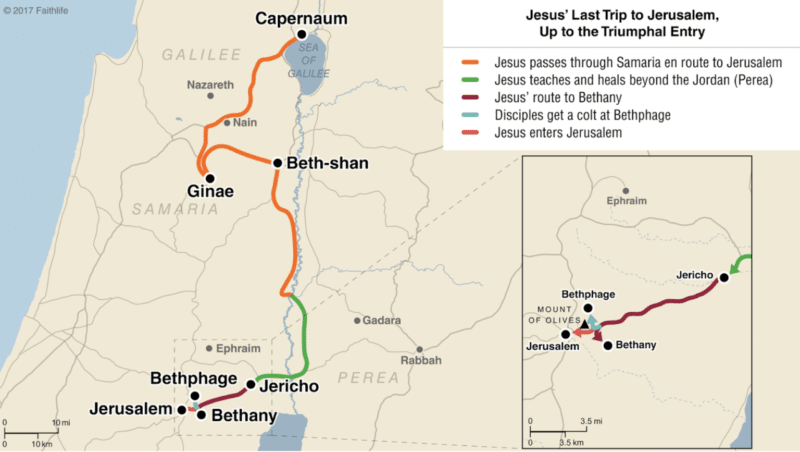January 8, 2023
Matthew 21:1-22
Waving Palms and Withered Trees
Matthew 21 is a transition point in the life of Jesus from His public ministry toward His mission to the cross and resurrection. The text tells us that Jerusalem was “stirred up” as Jesus entered the city during Passover. He came on a donkey, not a warhorse. The King had arrived, although not in the way we might have expected. When Jesus entered the temple, He drove out the corrupt and welcomed in the blind and crippled. Some in the crowds asked, “Who is this?”
Join Pastor Tommy as he helps us consider together the various responses to Jesus. Some responded with indignation and rejection, others with wavering curiosity, still others with worship. Are we stirred? If so, how will we respond?


